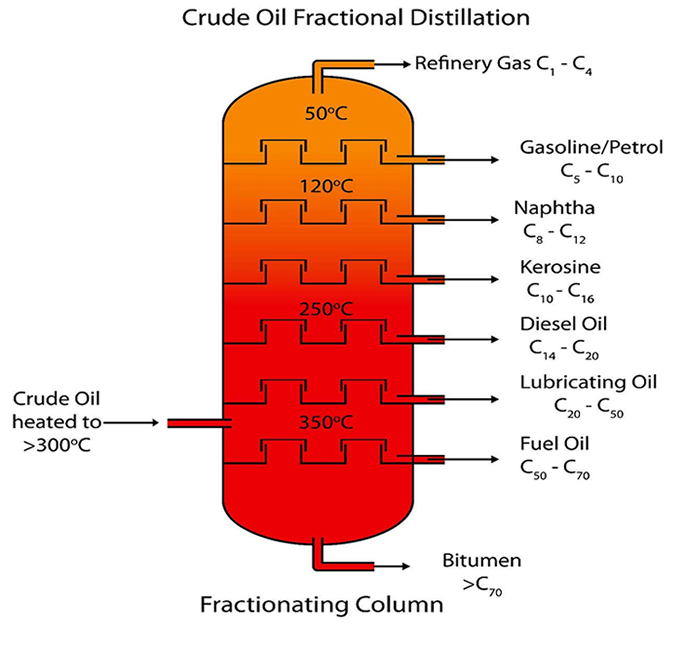With the development of industrial technology, high speed, high performance, high automation, high efficiency and long life required by modern equipment, it is difficult to meet the lubrication of mineral oil alone. Adding a small amount of other substances to the lubricating material can improve its performance and give it new properties. These substances are called additives for lubricating oils.
Adding different additives to the oil is the most economical and effective means of improving oil quality. Generally speaking, the quality of lubricating oil often depends on the variety and quality of additives. Therefore, the development and use of additives has become an important way to rationally and effectively utilize resources, improve equipment performance and save energy.
Lubricating oil additives can be divided into clean dispersing agents, anti-oxidant anti-corrosive agents, extreme pressure anti-wear agents, oil-based agents and friction modifiers, antioxidants and metal deactivators, viscosity index improvers, rust inhibitors, and Grouping of coagulants, anti-foaming agents, etc., last week, we talked about the mechanism of action of clean dispersants, and then we continue to introduce the mechanism of action of other commonly used lubricant additives.
Oxidation and corrosion inhibitor
Antioxidant and anti – corrosion agents can inhibit the oxidation of oil products, mainly used in industrial lubricants, internal combustion engines and process oils.
Antioxidants can be divided into two types according to their principle of action: 1) chain reaction terminators; 2) peroxide decomposers. A commonly used antioxidant for shielding phenolic and amine compounds, which is a chain reaction terminator and can form a stable product (ROOH or ROOA) with a peroxide group (ROO), thereby, the oxidation reaction of the hydrocarbon compound in the lubricating oil such as 2,6 phenol, 4,4 methylene bisphenol, α-naphthylamine, N,N-di-sec-butyl-p-phenylenediamine or the like is prevented.
The peroxide decomposing agent can decompose the peroxide formed in the oxidation reaction of the oil, so that the chain reaction can not continue to develop and play an antioxidant role; The peroxide decomposing agent can generate an inorganic complex during thermal decomposition, and forms a protective film on the surface of the metal to resist corrosion; The peroxide decomposing agent is a multi-effect additive under extreme pressure conditions, which chemically reacts on the surface of the metal to form a vulcanized film having a bearing capacity and acts as an anti-wearing action. The main varieties of antioxidant preservatives are zinc dialkyldithiophosphate (ZDDP), thiophosphoryl zinc salt, thiophosphonium zinc salt and its series of products.
Phenol type and amine type antioxidants are mostly used in transformer oil, industrial lubricating oil, turbine oil and hydraulic oil. Zinc dialkyl dithiophosphates and other sulfur-containing, phosphorus-containing or organic selenium-containing compounds are commonly used in handicraft lubricants, internal combustion engine oils and process oils. However, lubricating oils containing dithiophosphates are not suitable for use on galvanized steel trucks with silver-plated toggle pins and steel rods on the top of the connecting rods for lubricating engines, dialkyldithiocarbamate meets the machine requirements for silver-plated parts.

